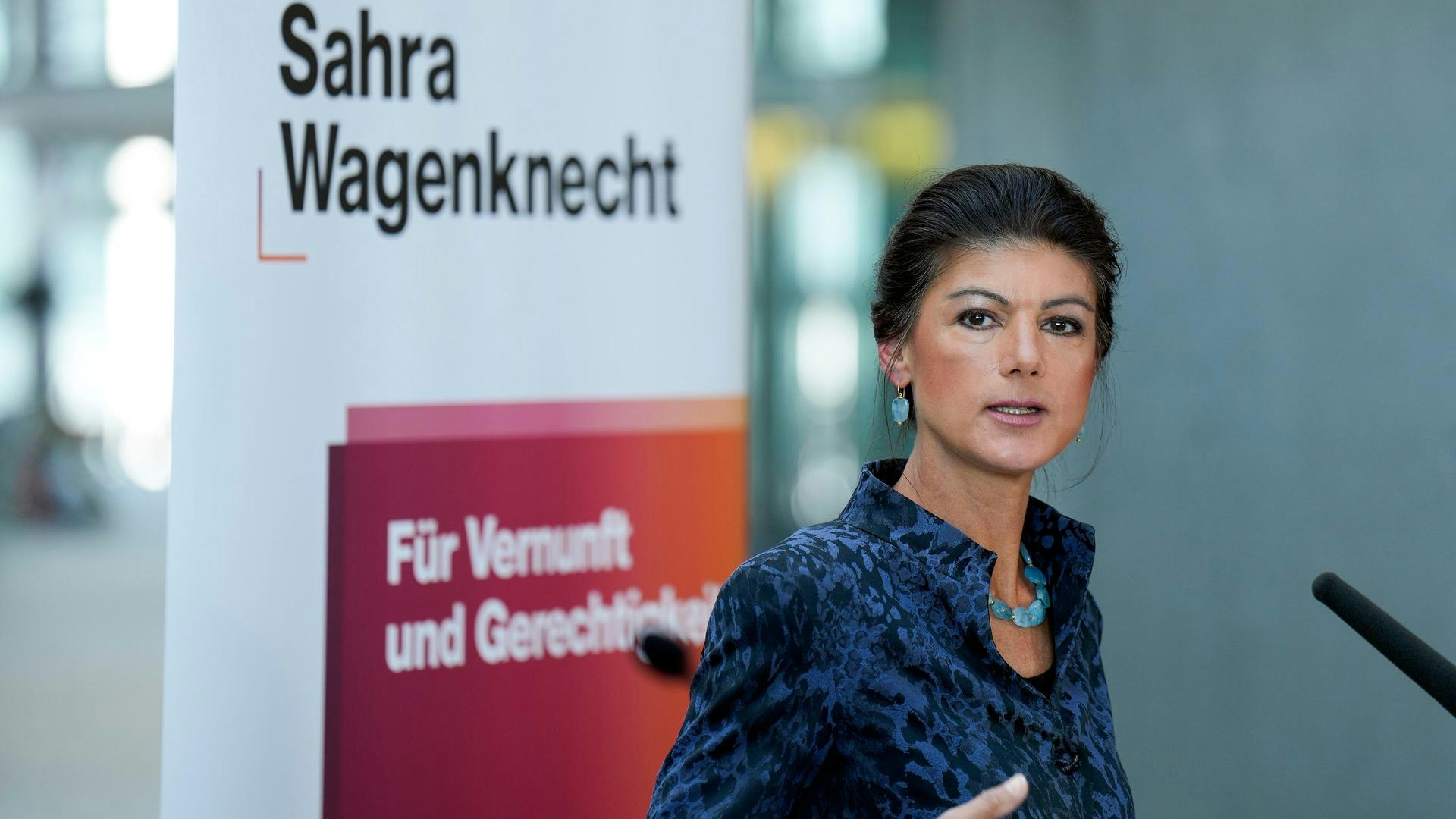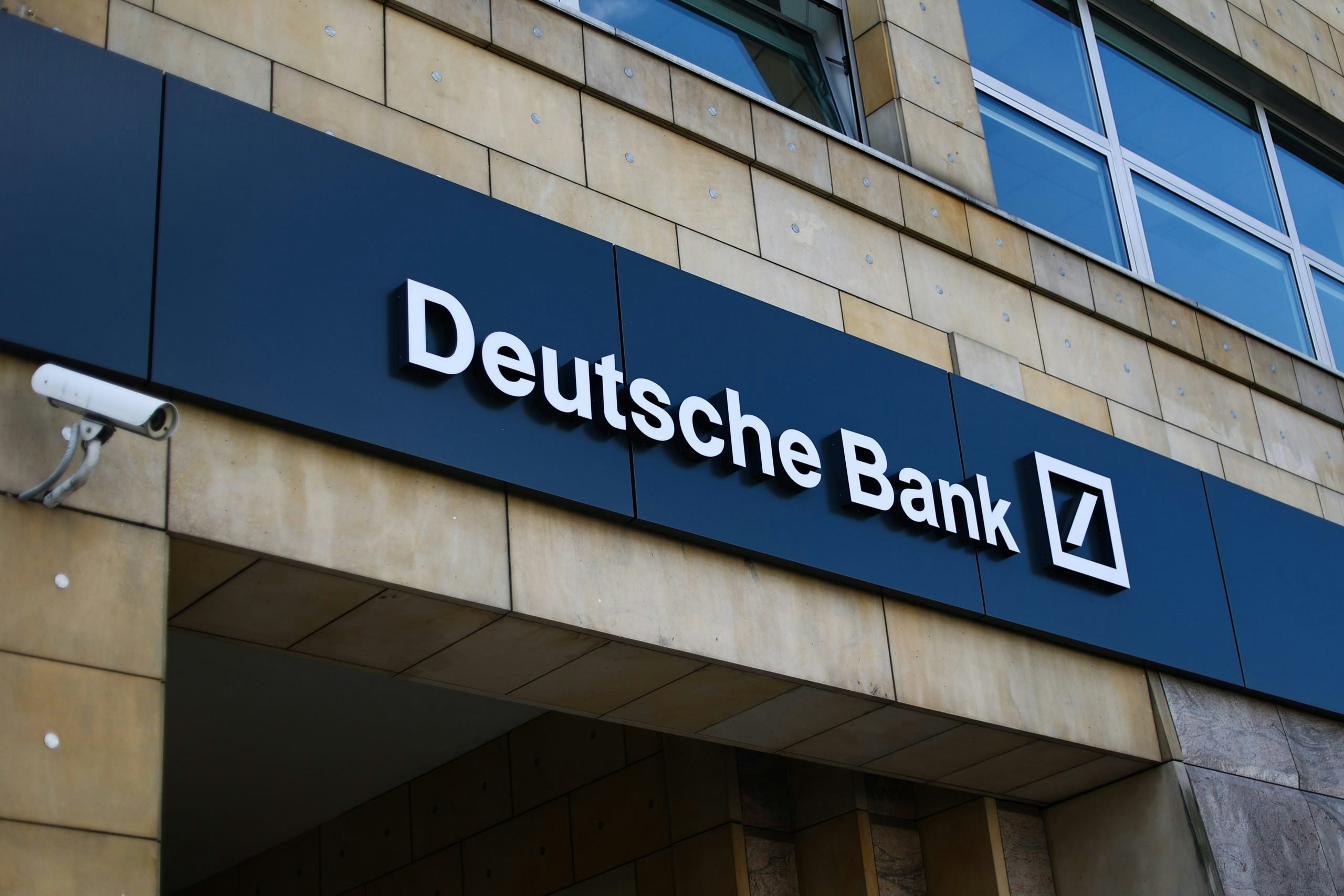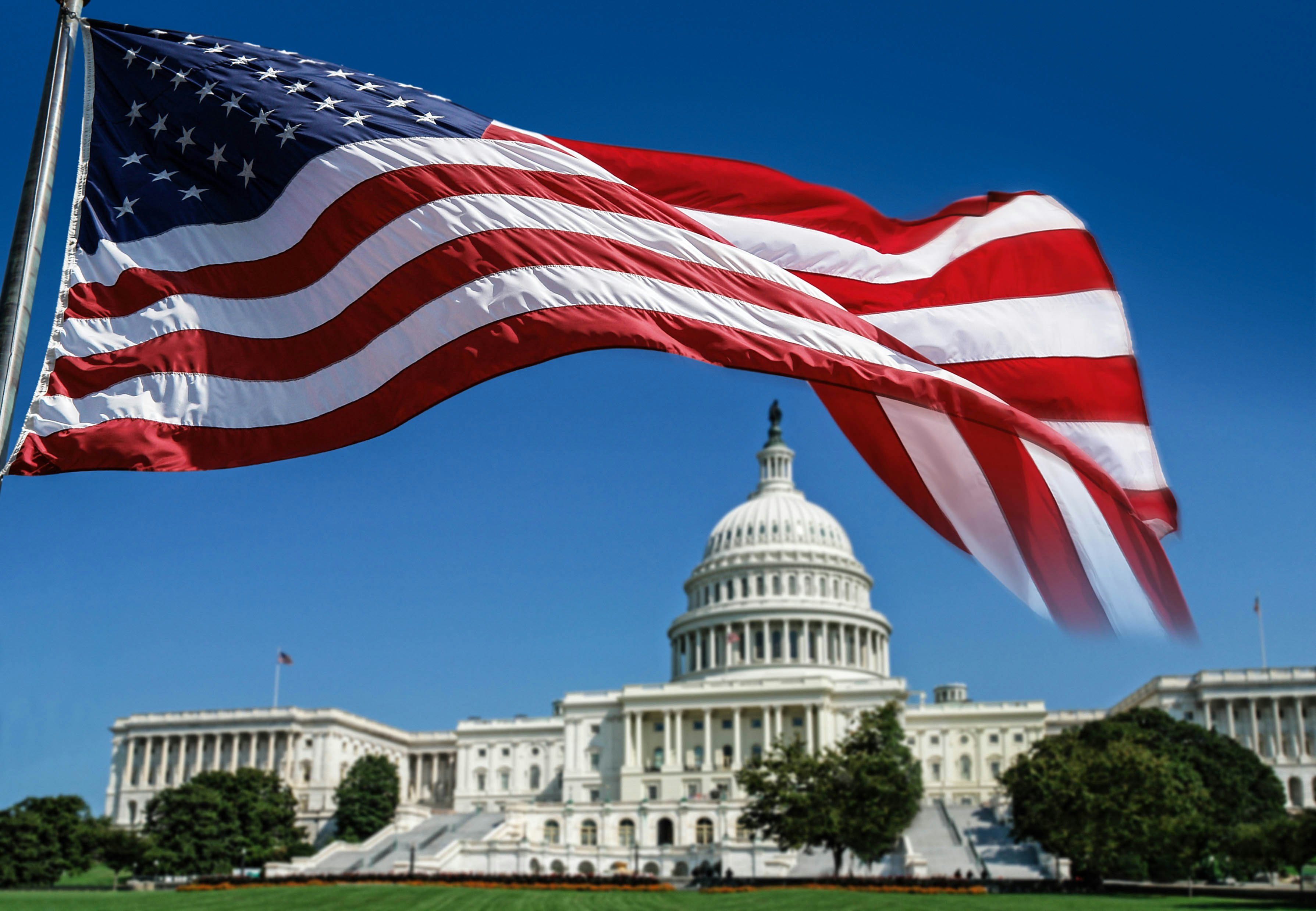The US technology company Meta has had to defend itself in federal court in Washington since Monday against the Federal Trade Commission (FTC)'s demand to reverse the acquisitions of Instagram and WhatsApp. The US competition authority accuses Meta of securing an illegal monopoly in the social network sector through targeted acquisitions.
The economic impact is significant: According to data from eMarketer, Meta generates around 50% of its US revenue solely from ads on Instagram. A forced sale of the platform would not only affect the balance sheet but also shake the strategic foundation of the company – especially against the backdrop of declining usage of Facebook among younger target groups.
In his opening statement, FTC lawyer Daniel Matheson accused Meta of wanting to "buy out rather than defeat" the competition. Internal emails from 2012, in which Mark Zuckerberg described Instagram as "very disruptive," serve as key evidence for the authority. "What we're really buying is time," Zuckerberg purportedly wrote at the time.
Meta counters: TikTok, YouTube, and Snapchat are evidence of intense competition in the industry. The company argues that the acquisitions were associated with entrepreneurial risk and that it was through its own resources that Instagram was helped to achieve its current relevance. Meta lawyer Mark Hansen described the FTC logic as backward-looking and emphasized that consumers have benefited from the outcome.
A central legal issue for the FTC is to clearly define the market. While the agency excludes platforms like TikTok, YouTube, or Pinterest from the relevant market - as they serve more for entertainment than personal networking - Meta sees essential competition precisely there. According to the FTC, Meta dominates the market for "personal social networking" with a share of over 80% measured by usage time.
The lawsuit has a checkered history. Initially filed in 2020, it was first dismissed due to insufficient justification but was re-admitted after revision. In the meantime, Republican Andrew Ferguson leads the FTC and declared that the agency would litigate the dispute to a verdict if necessary.
Judge James Boasberg allowed the lawsuit in November but emphasized that the FTC must answer "tough questions" to sustain the antitrust argument in the trial. The proceedings are scheduled for eight weeks. A verdict will determine Meta's liability. In the event of a conviction, a court order for a breakup would be conceivable—a watershed for the global tech industry.





